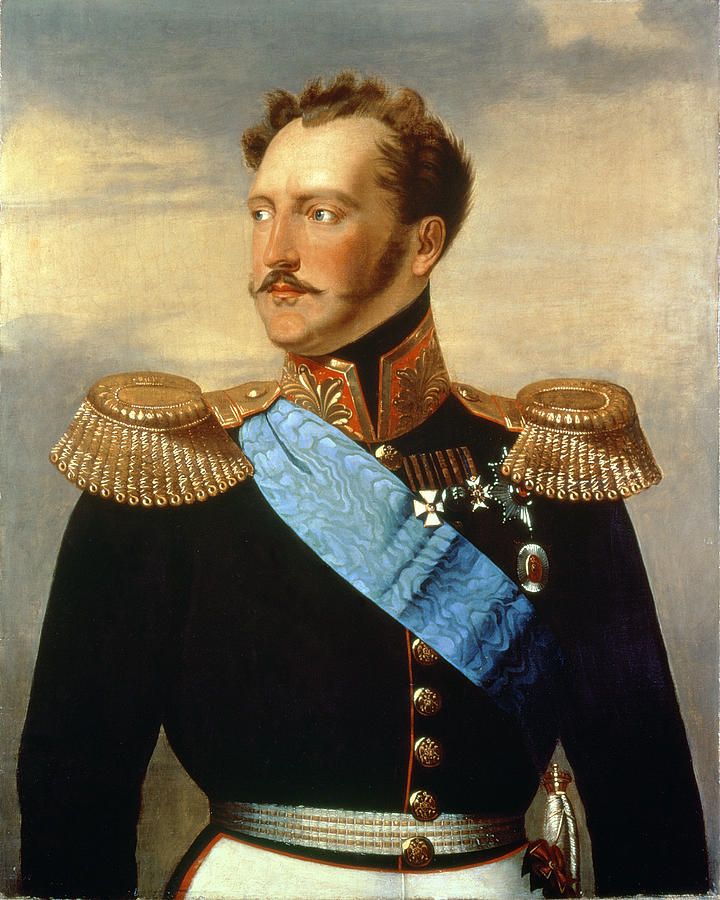How long can the Golden Age of Tsarist China holds
As many who had studied, or have at least some knowledge about 18-19th century imperial Russian society would rules out, the transition into the modernity of the imperial Russian society is not without turbulence, poverty, turmoil, authoritarian setbacks.
However it is nonetheless a fruitless century without progress, enlightenment , expansion of urban citizen life (Das bürgerliches Leben ), and vivid flourishing artistic aesthetics created by the Russian golden age literati class, blended sometimes with some aspirations of “liberalism” (with its typical Russian interpretation) and sometimes “ultra-Heimatliebe -patriotism”.
During the beginning of the 18 hundreds, the Russian empire defeated once so feared French empire, the stemming point of revolutionary liberalism and modern concept of democracy, the once so admired nation with great art and thinkers, and became a true top-notch empire, with still very backward political structure and citizen self identity awareness, yet still managed to get to the point of awakening. Started by a small group of aristocrat-liberals, a small portion of Russian society attempted to replicate what French people had done, but in a top down manner, attempting to reform the society from top down structure. The “Decembrist” eventually failed, and with the pass-away of Aleksandr I, the new Tsar Nicholas I reverted his father’s rather liberal legacy, and embarked on a completely different direction , and drove Russia into his authoritarian hand, in which he personally participated and oversaw every single state matter with himself, without any tiredness, he tries to seize everything under his control, also attempt at best to be as close as to his great great great grandfather, the legendary Peter I, that drives his own reforms top down. This was mocked many times by then prominent poets and literati in their literature quite often. Yet in the end most of them would agree, that Nicholas I had no interest in power gripping personally whatsoever, which lead to him ceding the throne to his brother Konstantin at first. And only with his brother’s abdication, that he took up the power of ruling the vast land of Russia reluctantly. Since the beginning of his reign he had shown no passion for whatever political ideology, but only the strong sense to make the imperial Russia not “perish”, from what he presumed to be the “internal” and “external” enemies.
The censorship under Nicholas I became extremely tightened, since no ideological tendencies were preferred by Tsars, there is no way to determine where the line should be drawn. The poor Russian bureaucrats have to delete or force the redaction of every piece of artwork “suspected of treason”, sometimes completely without any clear reason. This is extremely different from a modern perspective when people view an authoritarian regime, they tend to associate with Orwellian’s 1984, where state mechanism tries to indoctrinate people with passion and hatred at the same time, the hyped ultra-patriotism against the enemy etc. Rather, lots of Russian literati who fell under the censorship would also agree, Nicholas I is perfectly boring actually, due to his lack of interest into politics himself, had shown no tendency in favoring any political agenda whatsoever, except for holding the Royals and aristocratic order. His upbringing obstructed him from seeing the rising tide of nationalism along with romanticism-driven liberalism in Europe, maintaining a very stubborn traditional Russian aristocratic conservatives vision of understanding the world, as A, S Pushkin vividly described in his poetry “wiping his ass with gold-gilded towels,passionless and bored with trying to hold his power grip.”
However at this stage, the early industrialization had already stemmed from Britain and spread to every corner in Europe. With Germany and France quickly catching up , bringing the middle class/ La citoyenne/Bürgertum to prosperity and expanded their political activeness and participation. Though with the suppression under Nicholas I and its heavy censorship, and relatively backwardness of Russian industrialization, the same trend cannot be avoided. Urban got expanded, economy experienced huge boost, and people moved more to the large cities for work, even under the strict restriction of the serfdom laws in Russia. Radical thoughts, both liberal and nationalistic, began to spread, early socialist group began to form, as well as the populist front of the Russian patriotism that was deeply rooted in the vast villages.
(to be continued)

喜欢我的作品吗?别忘了给予支持与赞赏,让我知道在创作的路上有你陪伴,一起延续这份热忱!
